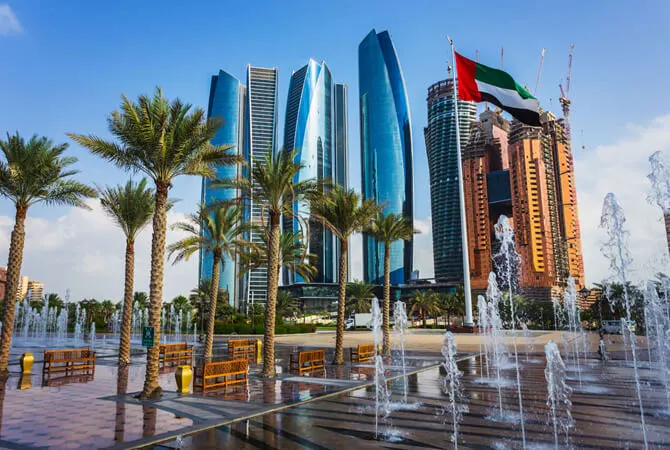Technology continues to reshape industries worldwide, and the Dubai construction sector is no exception. Modern innovations are renovating conventional practices, driving enhanced efficiency, improved accuracy, and heightened safety across construction sites. Several technology trends currently influence the evolution of construction contracting businesses, including:
Building information modeling (BIM)
Building information modeling represents a quantum leap in architectural design and engineering visualization. BIM software amalgamates digital representations of physical structures, incorporating intricate details pertaining to geometry, spatial relations, light analysis, and mechanical systems. This intelligent modeling system promotes smooth collaboration among multidisciplinary teams, bolstering precision, predictability, and operational agility throughout the entire lifecycle of a construction project.
Drones and aerial imagery
Unmanned aerial vehicles (UAVs), commonly referred to as drones, play increasingly prominent roles in modern construction management. Equipped with advanced sensors and cameras, drones capture high-resolution images and videos, generating precise topographical maps and 3D models of worksites. Utilized for surveying, monitoring, and inspecting purposes, drones technology expedites data collection, enhances accuracy, and minimizes human exposure to hazardous environments.
Artificial intelligence and machine learning
Artificial intelligence and machine learning algorithms permeate contemporary construction lands, augmenting automation, forecasting, and analytical capacities. AI-driven tools facilitate predictive maintenance, detect anomalous patterns, and prescribe remedial actions, thereby averting catastrophic failures and reducing unscheduled downtimes. Also, ML techniques enable sophisticated data mining and processing, distilling actionable insights from vast repositories of historical project records, ultimately refining strategic business decisions.
Internet of things (IoT)
The burgeoning Internet of Things ecosystem integrates smart devices and wearable into daily construction routines, promoting real-time connectivity, remote supervision, and automated reporting. IoT sensors embedded in machinery, equipment, and infrastructure transmit telemetry data via wireless networks, empowering stakeholders to monitor condition statuses, optimize asset utilizations, and preemptively diagnose malfunctions. Moreover, interconnected personal protective gear tracks worker health metrics, pinpointing fatigue, stress, or injury indicators, thus reinforcing occupational safety protocols.
Blockchain
Blockchain technology offers secure, tamper-proof ledgers for recording transactions, tracking assets, and verifying identities throughout construction supply chains. Decentralized databases store encrypted entries immutable, eliminating fraudulent activities, streamlining procurement processes, and accelerating payment settlements. Smart contracts automatically execute predefined terms once specified prerequisites are fulfilled, fostering autonomous governance, reducing administrative overheads, and strengthening contractual enforcements.
